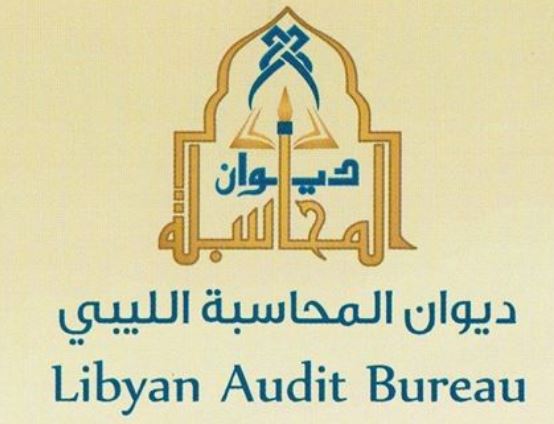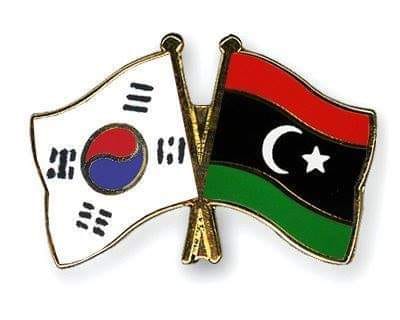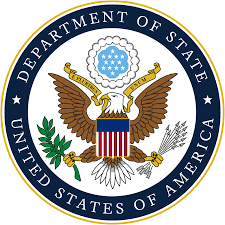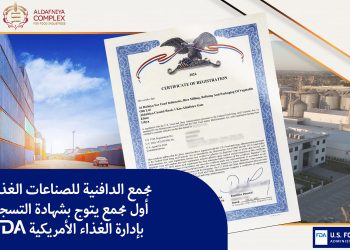Tripoli March 8:
The National Bank of Abu Dhabi is the best of the four Arab financial institutions to make the list . . .[restrict]of the world’s 50 safest banks.
The UAE bank, which since 2008 has had an operation in Tripoli, won its rating from the New York-based capital markets magazine Global Finance, in a half-yearly survey of the world’s most reliable banks. Unlike many polls in the finance world, which rely on surveys of market players, the magazine uses long-term credit ratings from the three leading ratings agencies, Moody’s, Standard and Poor’s and Fitch, together with an analysis of the total assets of the world’s 500 largest banks.
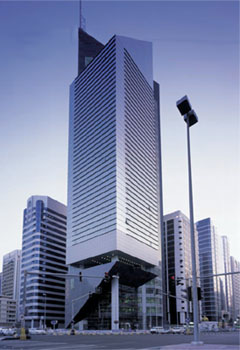
The National Bank of Abu Dhabi came 32nd in the list, one place ahead of the National Bank of Kuwait and ten slots above the Qatar National Bank, which was followed by the SAMBA Financial Group of Saudi Arabia.
Global Finance explained: “The sovereign debt crisis is still raging in Europe, the Arab Spring outcome is far from clear and global elections have put political stability at risk in some markets. As a result, the credit ratings of European and global banks have been affected, and have moved down the ranking of the World’s Safest Banks. In contrast, a number of banks—particularly in Asia and the Middle East—have benefitted by moving up the ranking.”
The magazine’s publisher Joseph D. Giarraputo said at the launch of the latest findings: “Counter-party creditworthiness has seldom been of more concern to companies and investors worldwide. Knowing how their counter-parties are faring in the face of global economic uncertainty is key. This ranking helps companies and investors to get a view on the relative strength of their counter-parties—and global financial institutions.”
At the start of the revolution, the National Bank of Abu Dhabi had a total exposure of some $51 million in Libya, the majority to local banks, By comparison, in Egypt its exposure was $377 million. The bank established itself in Tripoli with a representative office designed to boost UAE trade with Libya, while using its international network to tap into Libyan trade with those countries.
In October 2010, the bank organised, with the Libyan Stock Exchange, a seminar on mutual and exchange traded funds. The Exchange is now expecting at least one fund, for reconstruction, to list this year.
[/restrict]



